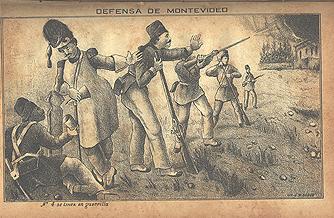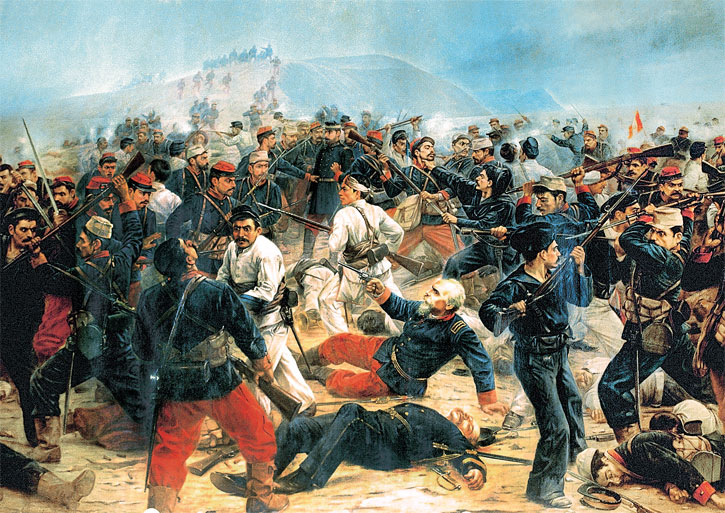By Sarah Bakhtiari
The U.S. continues to struggle to find its way in foreign policy (or is just simply failing altogether), despite its seeming importance on the national election circuit. Former Secretary of Defense Robert Gates claims that the United States lacks an overarching strategy to inform individual policy decisions—on the other hand, the proliferation of “gray zone” conflict makes grand strategy even more complex. Where should the U.S. turn for insights? Last month, Stephen Walt touted a realist foreign policy as producing better outcomes than the administration’s purportedly liberal internationalist approach. Josh Busby challenged Walt’s claim with his own: realism is not a powerful discourse, not least because it ignores discursive power, but also due to its own rhetorical ineffectiveness. And last week, Carnegie released a report grounded in realism about U.S. capacity and regional realities in Central Asia, which recommends the United States abandon its human rights requirements for security cooperation.
Not unrelated to U.S. foreign policy, armed Chinese drones have been discovered (but not officially acknowledged by the Chinese) in Nigeria’s fight against Boko Haram. U.S. export law prevents drone sales around the world if subsequent use is potentially at odds with America’s national interests—instead, the U.S. has been supporting the Nigerians with intelligence via U.S.-operated but unarmed Reaper drones. China’s relatively relaxed export policy is expected to make them a major global export of drone technology and systems.
Meanwhile, political economists are speculating about the “new normal”—or its end—and the “new abnormal” in the global economy, all which foretell of the potential for increased volatility and inequality, and slower growth…not often a combination that promises calm.
Drawing on the English School’s conceptualization of international society, Andrew Linklater suggests that international society has outgrown Europe, but not necessarily outgrown European or Western civilization.
Is democracy in decline? Freedom House presents statistics on what they call the “complicated picture” of freedom in the world over the past decade. The bottom line: more countries experienced democratic setbacks over the past decade than improvements. Even the United States demonstrated deterioration during that time frame: flawed electoral processes, increased private monies in electoral and legislative processes, deficiencies in the criminal justice system, and legislative gridlock characterize the new deficits. And how do Americans feel about some of these developments, like legislative gridlock, for example? This data shows Americans favor domestic compromise, despite their increasing partisan polarity.
Finally, if you want to improve your data interpretation chops, here’s a game that might help! And if this sounds terrible and boring, maybe you can will yourself into it by using “temptation bundling.”








1 comment